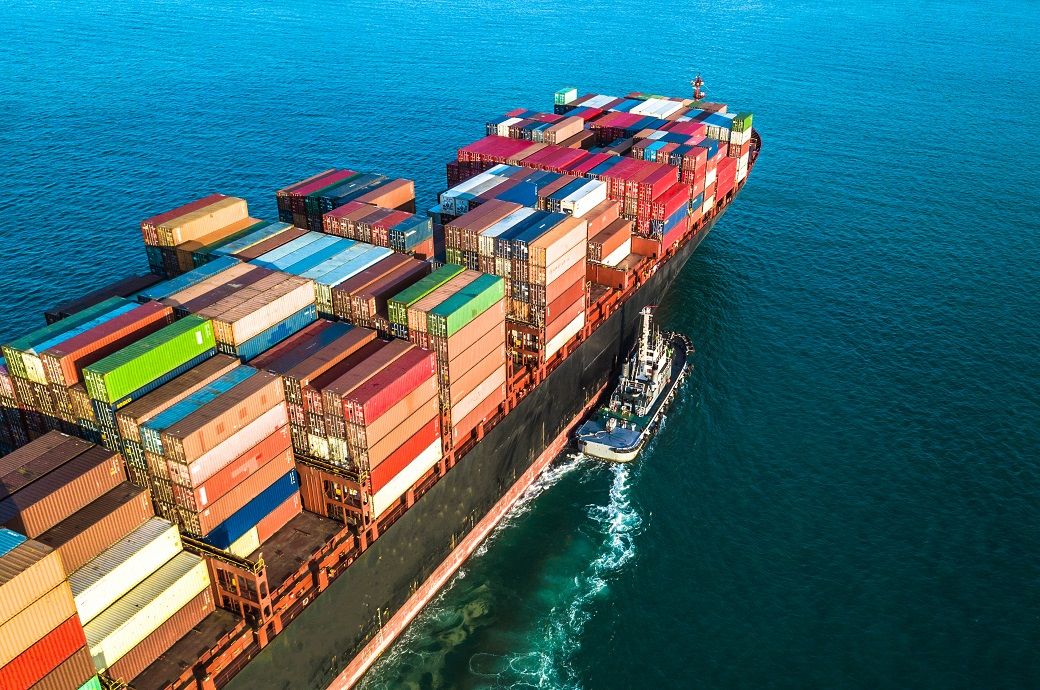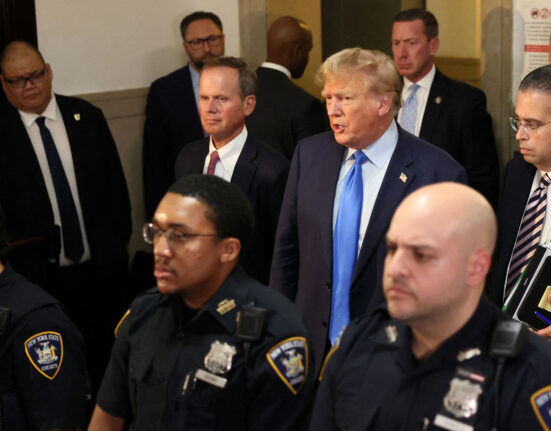Malaysian Prime Minister Anwar Ibrahim recently delivered a stark warning to the world, declaring that tariffs and trade wars are no passing storm but rather the new
“weather of our time.”
This ominous message was conveyed during a gathering of foreign ministers from South-East Asian nations. The Malaysian leader’s cautionary words come amidst growing concerns over the weaponization of global trade, particularly as leaders in the region grapple with the looming threat of US tariffs.
Anwar Ibrahim’s admonition underscores the seismic shifts occurring in international trade dynamics. As countries worldwide navigate increasingly turbulent economic waters, Malaysia and its South-East Asian counterparts find themselves at the forefront of this evolving landscape. The region’s delicate balance is further complicated by escalating tensions related to trade policies and tariff disputes orchestrated by powerful nations like the United States.
The Association of South-East Asian Nations (ASEAN), a coalition comprising ten member states with economies heavily reliant on international trade, has been particularly rattled by the specter of US-imposed tariffs. With six ASEAN members among the 14 countries facing potential spikes in export duties to the US on August 1, anxieties run high regarding the economic repercussions and strategic implications for these nations.
In his address at the foreign ministers’ meeting, Anwar Ibrahim highlighted the profound transformation underway in global commerce. He emphasized how traditional tools for fostering growth have now morphed into instruments used to exert pressure, sow isolation, and impose containment measures. Calling for unity within ASEAN to counteract external threats effectively, he urged member states to bolster intra-regional trade relations, enhance regional integration efforts, and reduce reliance on external powers for strategic stability.
Speaking about ongoing negotiations with Washington D.C., Anwar Ibrahim did not mince words when emphasizing that proactive steps were essential to safeguarding national interests amid tariff talks with US officials. Referring to critical issues such as government procurement standards, halal certification processes, medical regulations, and digital taxation policies under negotiation terms with American counterparts, Malaysian Trade Minister Zafrul Aziz underscored Malaysia’s commitment to securing equitable agreements beneficial to its sovereign interests.
Despite efforts by some ASEAN members like Vietnam to broker deals aimed at mitigating tariff impacts—successfully reducing levies from 46 percent to 20 percent—the overarching challenge remains navigating a complex web of bilateral negotiations while preserving regional cohesion. Against this backdrop of economic uncertainty looms Malaysia’s decision to lower its benchmark interest rate for the first time in half a decade—an indication of mounting financial pressures exacerbated by global trade tensions.
As South-East Asian leaders convene amidst this tumultuous climate marked by shifting geopolitical alliances and escalating rivalries between superpowers like China and America—affecting regional dynamics profoundly—key players including Secretary of State Marco Rubio prepare for crucial discussions aimed at charting a course forward amid an increasingly unpredictable global economy.
Analysts note that these deliberations represent a pivotal moment for ASEAN as it seeks to assert its role in shaping a rules-based order while navigating competing interests from major powers vying for influence across Asia-Pacific regions. The upcoming series of engagements involving top diplomats from key nations will test ASEAN’s ability not onlyto withstand mounting external pressures but also craft nuanced strategies that uphold principles vital for sustained peace and prosperity across Southeast Asia.









Leave feedback about this